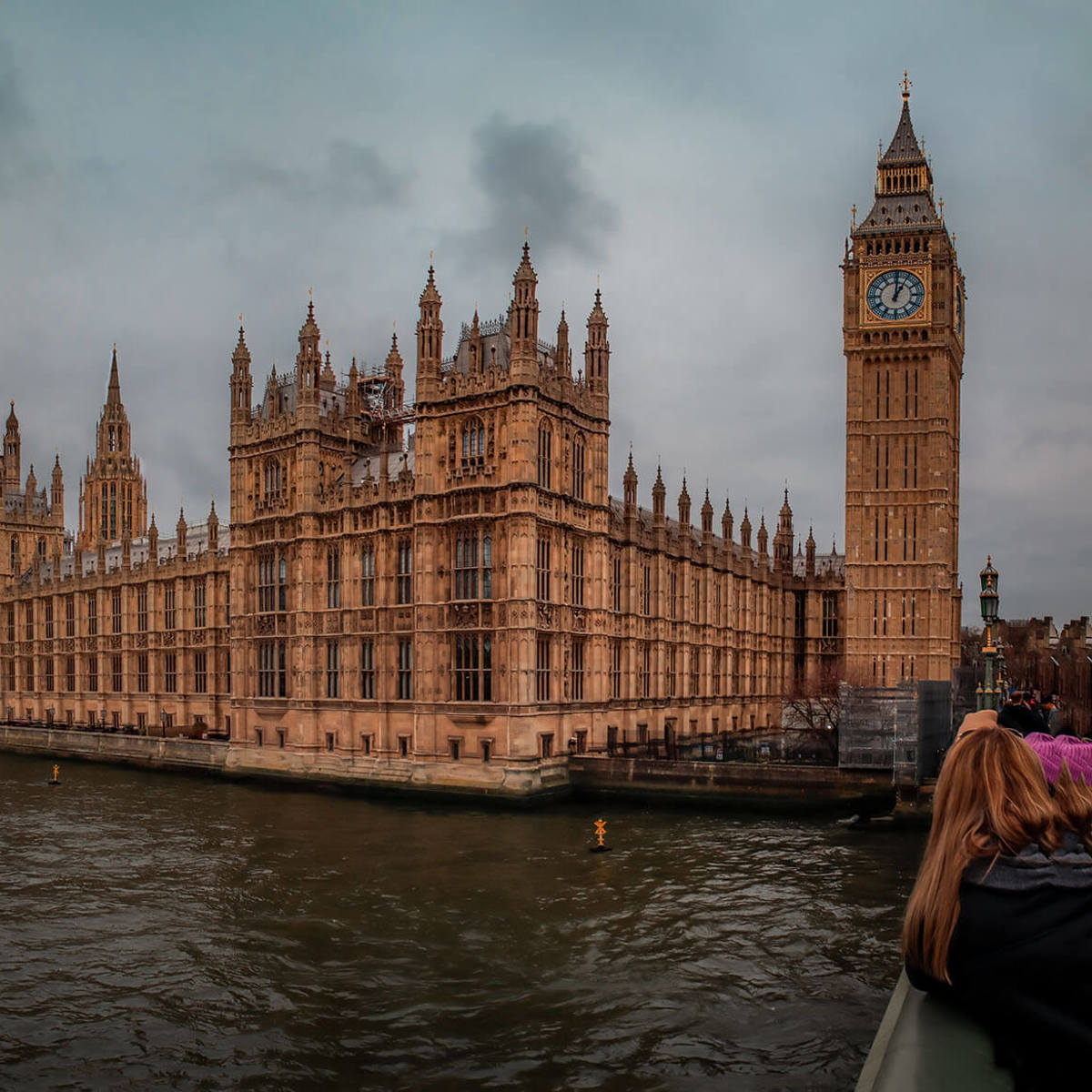Government plans for education
A summary of the Labour Party's policies for school governors and trustees

The Labour Party has outlined a series of policies aimed at transforming education in the UK, focusing on fairness, equity, and high standards.
Whilst we encourage all governors and trustees to stay up to speed with evolving education policy, the new government's proposed changes will take time to implement – there are no immediate changes for schools and trusts; NGA will continue to keep members updated.
Labour’s plans announced within its manifesto cover:
1. Teacher pay, recruitment and retention
- Recruiting more teachers – Labour plans to invest in the recruitment and training of 6,500 new teachers, with a focus on shortage subjects (such as maths and physics).
- Investing in professional development – introducing a teacher training entitlement, a new excellence in leadership programme, and updating the early career framework.
- Reviewing bursaries and retention payments.
Our 2024 annual governance survey shows significant challenges with teacher recruitment and retention, particularly in secondary schools. We welcome Labour's focus on this critical issue. However, a longer-term pay strategy is needed to address teacher supply challenges across all phases. The government must recognise the distinct challenges between primary and secondary, with teacher shortages more acute in secondary while primary faces the impact of falling pupil numbers.
2. Curriculum and assessment
- An expert-led review of curriculum and assessment, with input from school staff, parents and employers.
- Reviewing assessment methods to achieve the right balance between exams and more holistic approaches.
- A focus on maths across nursery and primary schools, with a similar approach to previous changes made to phonics teaching.
- Improved careers education and extended work experience.
Our survey shows curriculum breadth is under threat due to budget constraints, with 59% of respondents reporting having to reduce teaching of certain subjects. We welcome a review of curriculum and assessment, but it must be matched with adequate funding to deliver a broad, balanced curriculum. On careers education, our survey shows varied approaches – any reforms should build on existing good practice while addressing gaps.
3. SEND, inclusion and mental health
- A “community-wide approach” to improving inclusivity and SEND expertise in mainstream schools, and ensuring special schools cater to the most complex needs.
- Requiring all schools to co-operate with their local authority on school admissions, SEND inclusion, and place planning
- Access to specialist mental health professionals in every school to provide early support.
SEND provision is a critical concern highlighted in our survey, with inadequate funding and inconsistent support services cited as key challenges. We urge the new government not to start from scratch, but to build on needs identified in the SEND green paper. An audit of special school places and better training for mainstream staff are urgently needed. Mental health support in schools is also crucial given rising safeguarding concerns reported by our respondents.
4. Ofsted inspection
- Replacing single-word Ofsted judgements with a report card system to describe how schools are performing.
- New regional support teams to work with schools in response to the areas for improvement identified in report cards.
- Including multi academy trusts (MATs) in the inspection system.
- A new annual review of safeguarding, attendance and off-rolling.
Our latest survey reveals that over half of respondents (51%) identified Ofsted as the single biggest factor shaping practice in their school or trust. This raises questions about whether Ofsted is fostering genuine learning and wellbeing, or if schools are primarily driven by compliance. We welcome a review of the inspection system to ensure it aligns with broader educational goals and local needs.
5. Inequality and the cost of living
- Free breakfast clubs in every primary school.
- Opening more than 3000 additional nurseries using available space in primary schools.
- Limiting the number of branded school uniform items.
Our survey shows schools increasingly acting as a 'fourth emergency service', filling gaps left by diminishing social services. We welcome Labour's focus on addressing child poverty and expanding family services. However, a comprehensive strategy is needed to address the root causes of poverty and inequality, reducing the pressure on schools to provide extensive additional services.
NGA policy priorities
Last year we published our straight-talking manifesto, highlighting top policy priorities drawn from the voices of governors and trustees across the nation. We are pleased to see that the new government's education policies align with many of these issues. Our 2024 survey findings clearly demonstrate that the broad range of areas the Department for Education (DfE) will now focus on – in an effort to improve the quality, accessibility, and equity of education in the UK – are all matters our members are passionate about, have experience in, and a story to tell.
Looking to the future, the role of governing boards has to be recognised by the government as crucial in navigating these complexities. Our survey report identifies the current challenges for boards, leaders and central policy makers alike. It is equally important that we keep on sharing both successes and failures – this is what will help improve practice across the sector. The solutions however, without doubt, require a renewed commitment to providing excellent education from those at the very centre.
As we welcome this new government, we look forward to working together towards a more robust and inclusive education system. The hurdles we all face are set higher, but the dedication and resilience of our schools, trusts, their leaders, staff, and governing boards is unquestionable.
NGA will of course continue to advocate on behalf of the governance community, and for the governance community, at every given opportunity. By working collaboratively – the government, sector organisations, school and trust leaders, and governing boards – we can navigate these challenges and emerge stronger, more adaptable, and better equipped to meet the needs of future generations.
From classrooms to communities: a manifesto for schools and trusts















